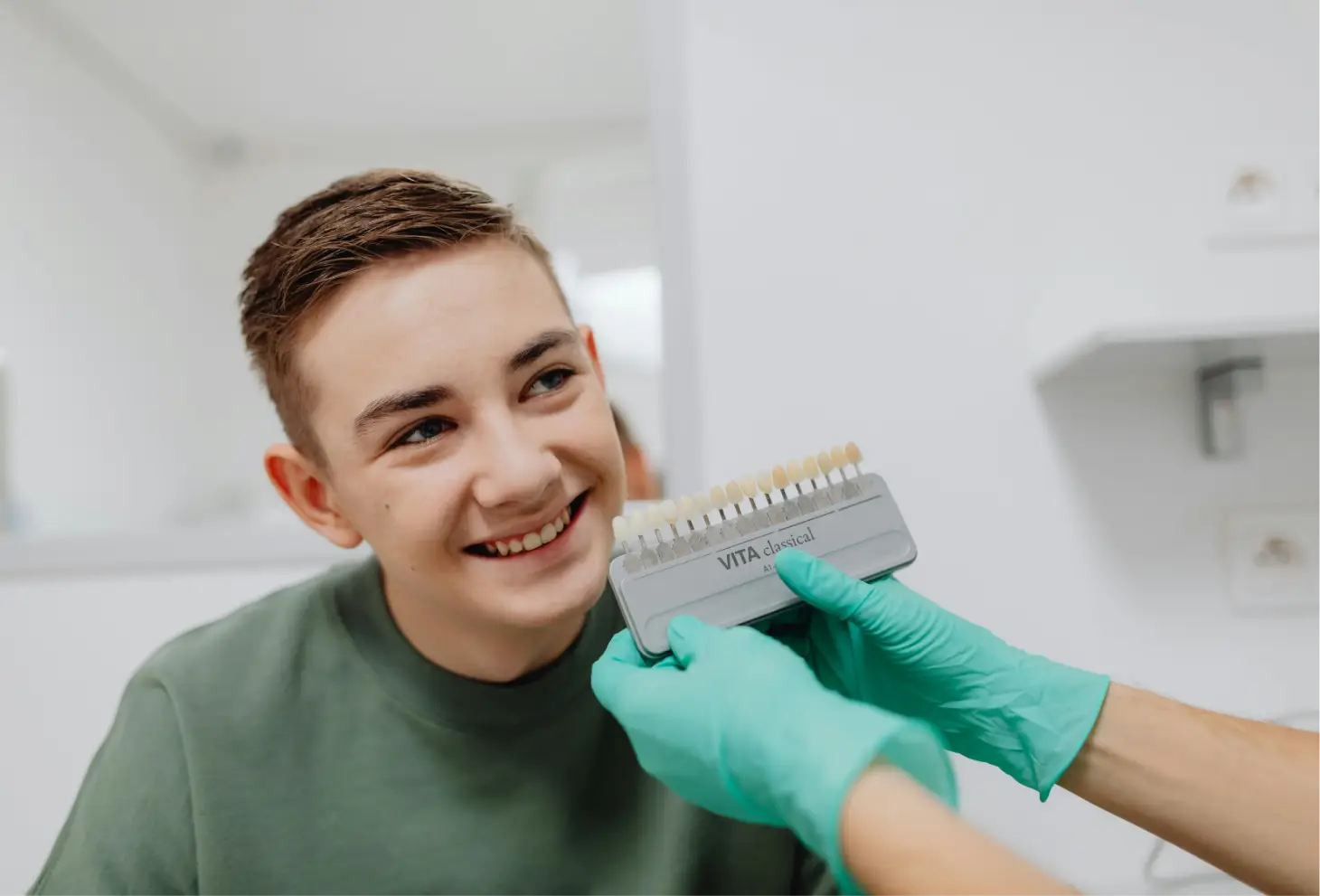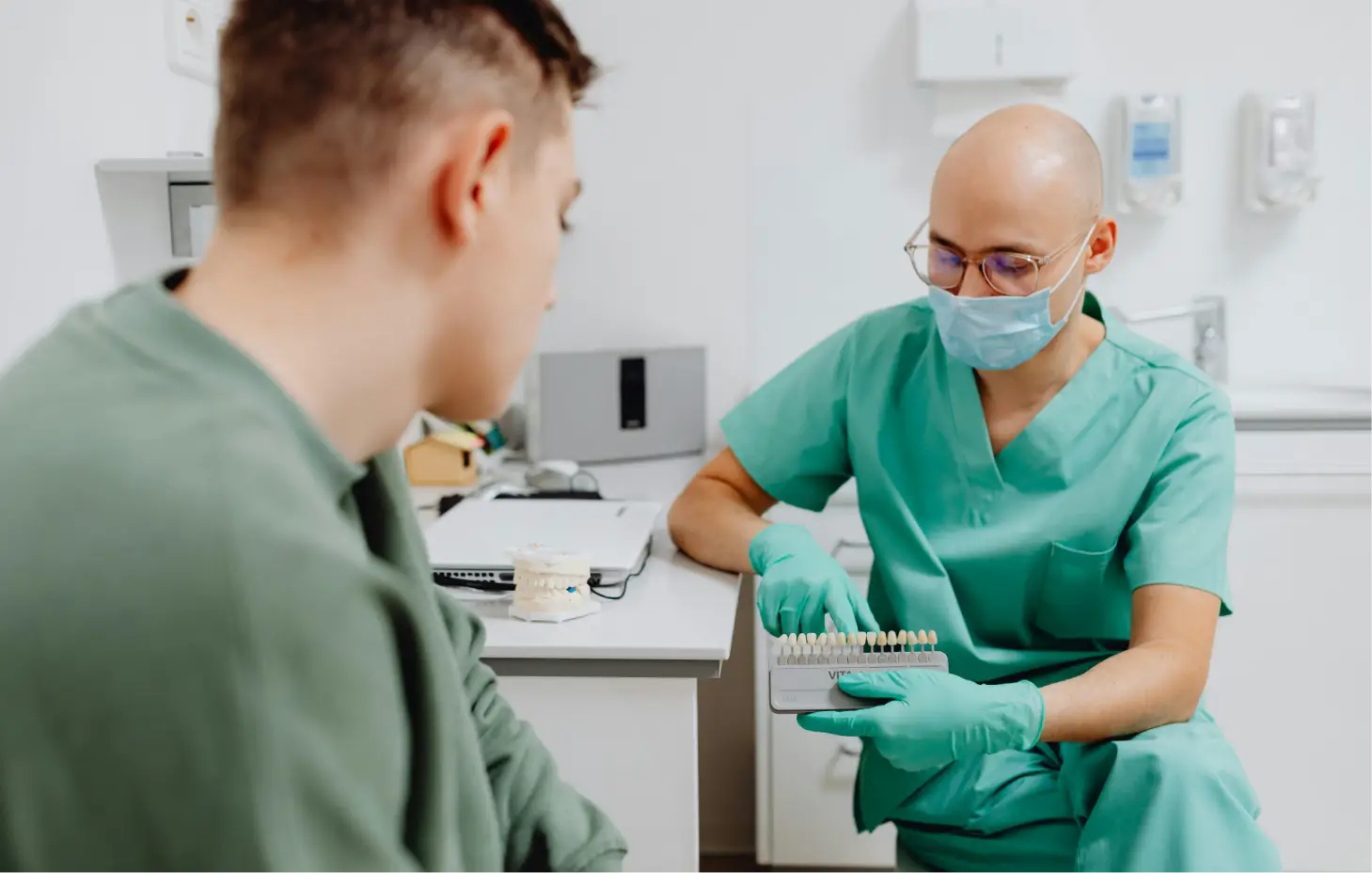


“I have been a patient of Dr. Tallbacka’s for 3 years. He is perhaps the best dentist I have experienced. He took the time to get to know me and understand my treatment needs, and has been absolutely successful. His dental staff are all terrific. The administrative staff are friendly and responsive.”
